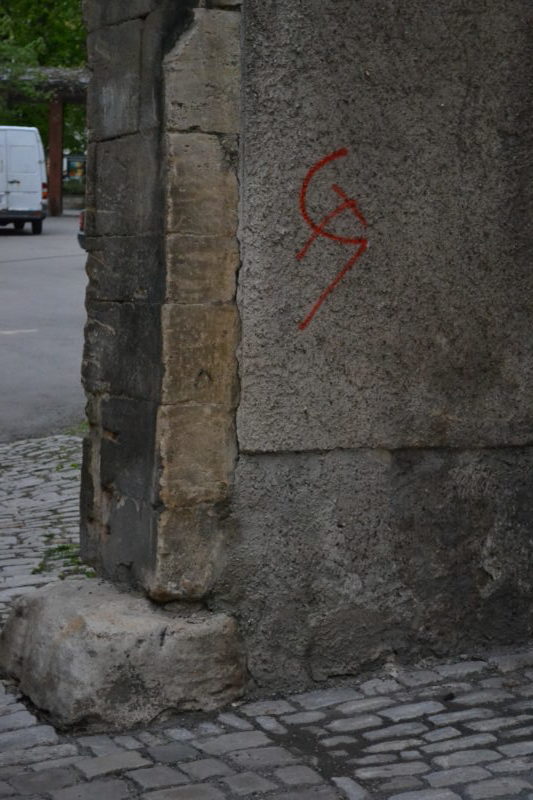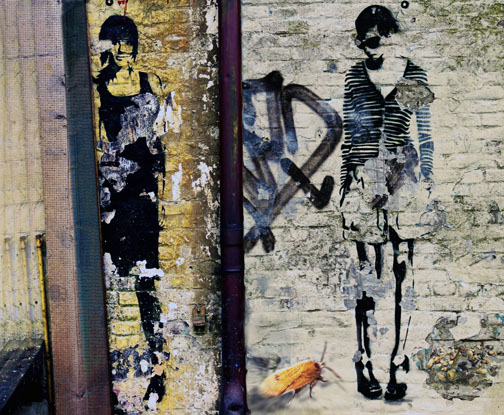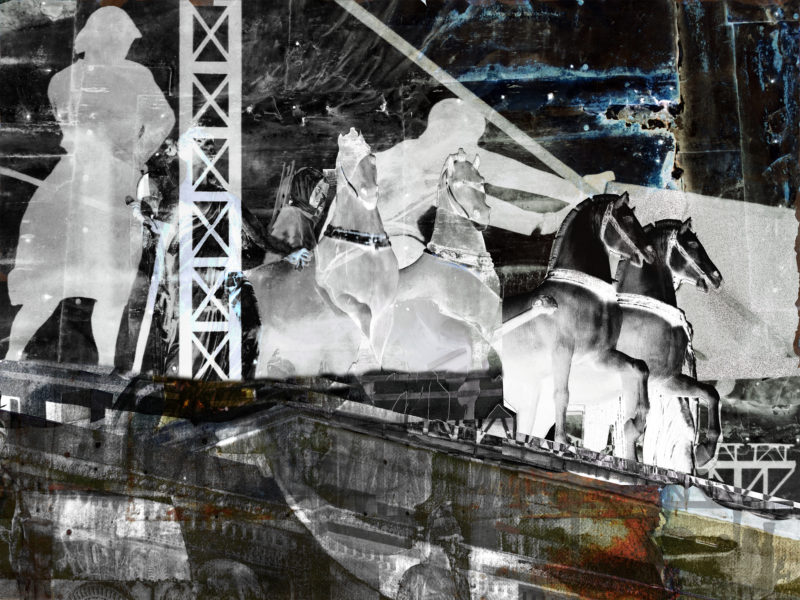
This week I am drawn to books that are in some ways related to current events. Since two of my friends are currently in France and are posting photos that make me yellow with envy I thought we start with something related to that country.
 Of course there was no way I could avoid focussing on the upcoming election drama between LePen and Macron. Or rather focussing on the fact that an anti-Semitic woman bent on destroying the European Union might be the next President of France.
Of course there was no way I could avoid focussing on the upcoming election drama between LePen and Macron. Or rather focussing on the fact that an anti-Semitic woman bent on destroying the European Union might be the next President of France.
 Given the resurgence of explicit anti-Semitism, I thought the books below, about the fate of French Jewry, might be something to read. Note: NOT YET READ! Several of this week’s books are on my list, not in my head. They all just struck me as interesting.
Given the resurgence of explicit anti-Semitism, I thought the books below, about the fate of French Jewry, might be something to read. Note: NOT YET READ! Several of this week’s books are on my list, not in my head. They all just struck me as interesting.

The first one is authored by Susan Rubin Suleiman, Hungarian immigrant, now a Harvard professor of the civilization of France and of comparative literature. During the 2009-2010 academic year, she was the invited Shapiro Senior Scholar-in-Residence at the Center for Advanced Holocaust Studies of the U.S. Holocaust Memorial Museum in Washington, D.C. In THE NÉMIROVSKY QUESTION – the life, death, and legacy of a Jewish writer in twentieth-century France – she tackles the fate of an assimilated Jewish writer who thought her relationship with the Petain administration would save her – it didn’t.

The second author is Shannon Fogg, chair of the Department of History and Political Science at Missouri, a European historian who specializes in the history of Modern France from the Enlightenment to the present. More specifically, her research focuses on daily life in France during the Second World War. Her first book, The Politics of Daily Life in Vichy France: Foreigners, Undesirables and Strangers, described the effects of shortages on attitudes towards the French government and towards minority groups such as Jews and Gypsies. Her most recent book, the one on my list, is Stealing Home: Looting, Restitution, and Reconstructing Jewish Lives in France, 1942-1947. It explores the looting of Jewish apartments in Paris during World War II and the restitution of goods after the war. Or the cruel joke of restitution, as the case may be.
Here are the reviews:
Photographs are from Paris: cemeteries and memorials.

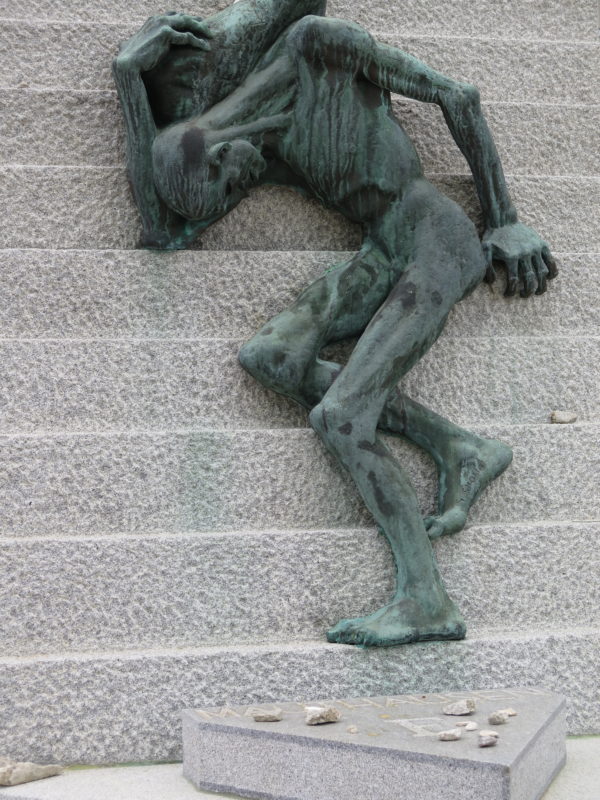
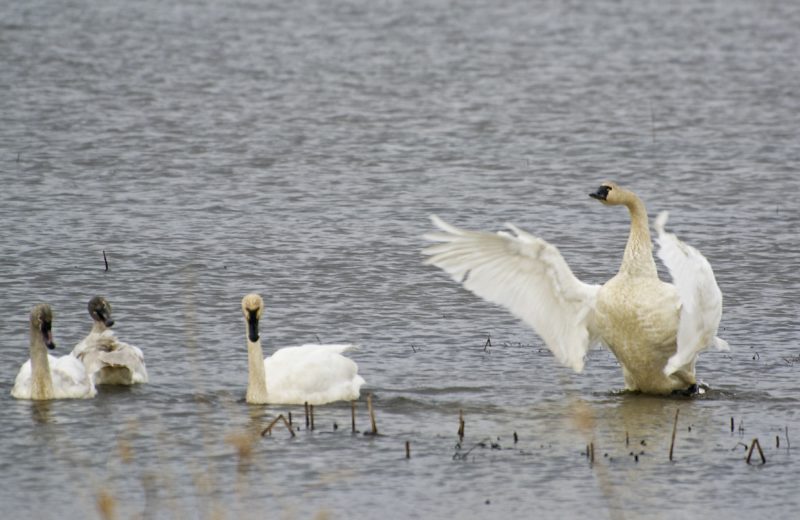

 https://www.amazon.de/What-Times-Next-Swan-Slezak/dp/B0007DL03Q/ref=sr_1_1?s=books&ie=UTF8&qid=1487961603&sr=1-1&keywords=what+time%27s+the+next+swan%3F
https://www.amazon.de/What-Times-Next-Swan-Slezak/dp/B0007DL03Q/ref=sr_1_1?s=books&ie=UTF8&qid=1487961603&sr=1-1&keywords=what+time%27s+the+next+swan%3F










 I have a few people who recommend books to me that invariably hit the spot. Those people are from different backgrounds and of different ages, and I agree with them 90 or so % of the time. I am grateful to them because they alert me to authors that I might otherwise never have encountered.
I have a few people who recommend books to me that invariably hit the spot. Those people are from different backgrounds and of different ages, and I agree with them 90 or so % of the time. I am grateful to them because they alert me to authors that I might otherwise never have encountered.


